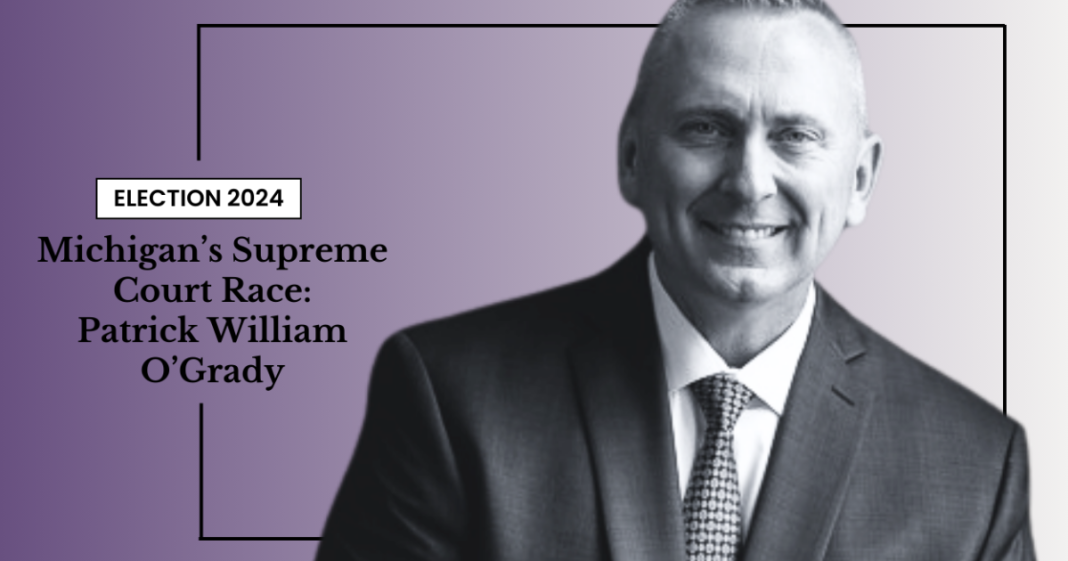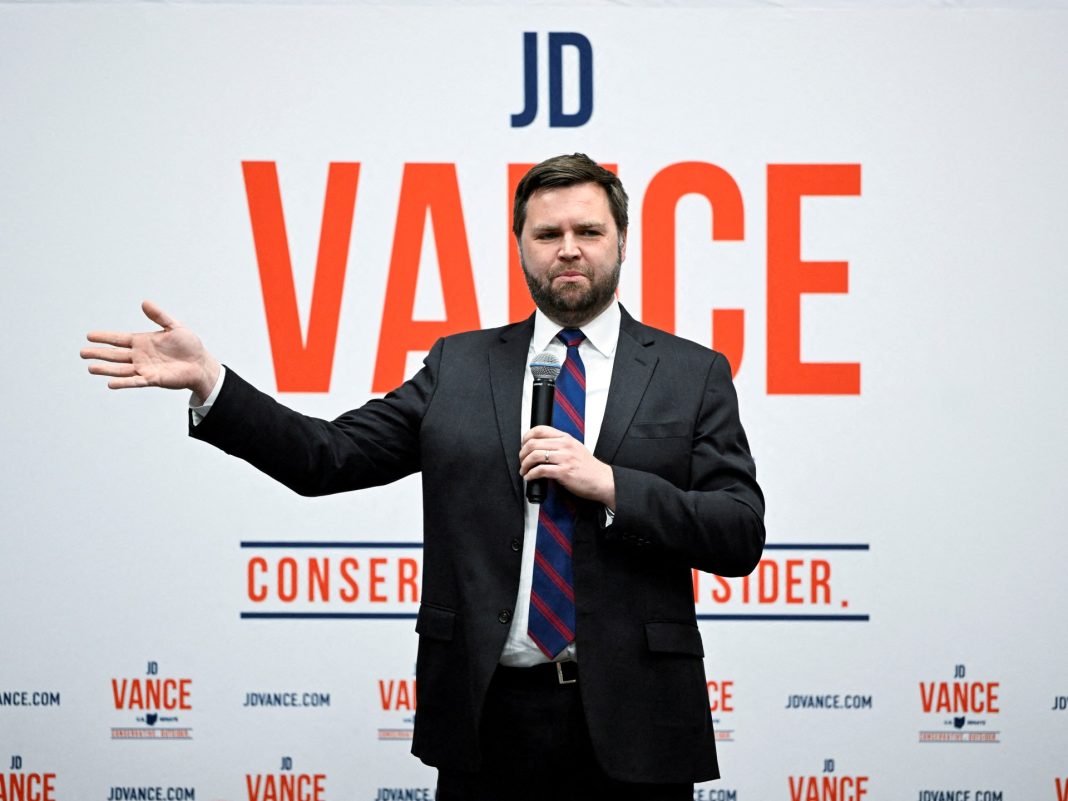Michigan Supreme Court Race Heats Up: Meet Patrick William O’Grady
As Michigan gears up for the November elections, voters will have the opportunity to shape the future of the state Supreme Court by selecting two justices. Among the candidates is Patrick William O’Grady, a seasoned judge with over 15 years of experience on the 15th Circuit Court in Branch County. O’Grady, who has been re-elected twice since first taking office in 2008, is vying for a partial four-year term on the state’s highest court.
In a recent interview with Doug Tribou on Michigan Public’s Morning Edition, O’Grady shared insights into his motivations for running, his judicial philosophy, and the impact of political endorsements on his campaign. With the current court holding a narrow 4-3 Democratic majority, this election could significantly alter the balance of power.
A Call to Serve on the Supreme Court
O’Grady explained that his decision to run for the Supreme Court stemmed from a desire to contribute to the judiciary at a higher level. Reflecting on his career, he noted the invaluable mentorship he received from previous justices, which inspired him to pursue this opportunity. "I think it is time to be able to offer that to the public and be able to have really a great impact on the jurisprudence here in the state of Michigan," he said.
Judicial Philosophy: Fairness and the Rule of Law
When discussing his judicial philosophy, O’Grady emphasized the importance of fairness and impartiality in the courtroom. He advocates for a textual and original analysis of the law, ensuring that the rules established by the legislature are upheld without personal bias. "It’s important when any litigant enters a courtroom that they realize that they are going to be treated fairly and impartially," he stated.
His approach is grounded in the belief that judges should not impose their personal feelings on cases but rather apply the law as it is written. This commitment to the rule of law has resonated with voters, particularly in light of his extensive experience handling a wide range of cases, including serious criminal matters.
Endorsements and Political Landscape
O’Grady’s campaign received a significant boost when former President Donald Trump endorsed him in September, calling him a “strong Rule of Law judge.” O’Grady expressed gratitude for the endorsement, highlighting his grassroots journey from state trooper to prosecutor and ultimately to the bench. He believes that his background equips him to handle the pressures and expectations that come with judicial decision-making.
Controversial Court Rulings and Legislative Concerns
During the interview, O’Grady also addressed a recent split decision by the Michigan Supreme Court regarding the "Mothering Justice v. Attorney General" case, which dealt with a controversial minimum wage ballot initiative. He criticized the majority opinion, arguing that it could lead to prolonged litigation and uncertainty. O’Grady believes that such matters should ultimately be decided by voters, not the courts.
Navigating Political Pressures
As a current judge, O’Grady is acutely aware of the political and ideological pressures that can influence judicial rulings. He reflected on his experiences in the trial court, where he witnessed firsthand the external pressures faced by judges and prosecutors. He emphasized that Supreme Court decisions often hinge on the interpretation of statutes rather than the political implications of the issues at hand.
Looking Ahead to November
With the election just around the corner, O’Grady’s candidacy represents a pivotal moment for Michigan’s judicial landscape. As voters prepare to make their choices, O’Grady’s commitment to the rule of law and his extensive judicial experience may resonate with those seeking a fair and impartial judiciary. The outcome of this election could not only shift the balance of the Supreme Court but also set the tone for the future of legal interpretation in Michigan.
As the campaign unfolds, O’Grady’s insights and experiences will undoubtedly continue to shape the conversation around judicial integrity and the role of the Supreme Court in the state.



